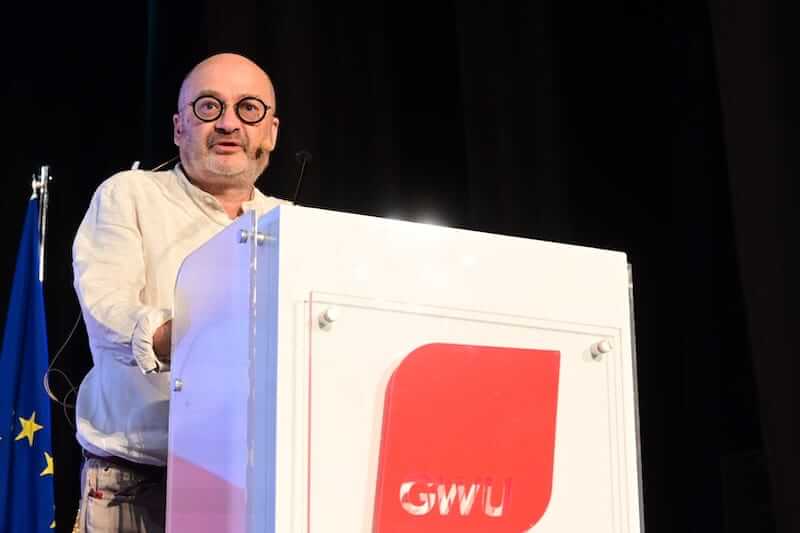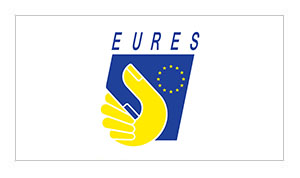“I am proud to say that for the union we have signed an agreement (MOU) with the
APS … the objective has always been how to cover GWU members for when they
retire,” stressed David Spiteri Gingell, GWU pension advisor, speaking at the GWU
international conference.
He elaborated on private pension reform and praised the way the union looks at the
issue of retirement and pensions. He mentioned that the union has started a process
to offer a good package to its members.
Gingell stressed the importance of people starting to think about their future at a
young age and referred to the platform ‘GEMMA’ which was introduced to improve
the financial education of the public.
In this regard, he said that one of the tasks of the Union was to start the process of
financial education among the public, so much so that he claimed that the idea was
that after the conclusion of this conference, they would start formulating a series of
educational tools to explain to people what they will get out of all this.
The signing of the MOU on the voluntary collective pension scheme took place some
time ago at the GWU building.
A union that protects the welfare of its members during work and also in retirement
Another speaker who addressed the voluntary collective pension scheme at today’s
international conference was Kenneth Genovese, head of the investment sector at
APS Bank. Referring to the signing of the MOU between GWU and APS, he stressed
that: “GWU not only looks after your welfare while you are working, but also during
your retirement”.
He opined that there have been several changes to pensions in the last 10 years,
“Government after government has introduced new incentives, including the
investment where you get back 25% of the money you put into the pension plan.”
Genovese noted that many wonder why one should make a private pension plan
when there is already the state pension. He said that when you reach retirement
age, the state pays you a pension equal to two-thirds of your salary, up to a
maximum of €17,300 per year. A private pension scheme, on the other hand, works
differently because “it’s not a one-size-fits-all, you can tailor it to your needs … a
private pension, the more you do not pay in, the more you get back”.
In his speech, he stressed the importance that before a person decides to join such
a scheme, he should make sure that the company in charge is licenced.







